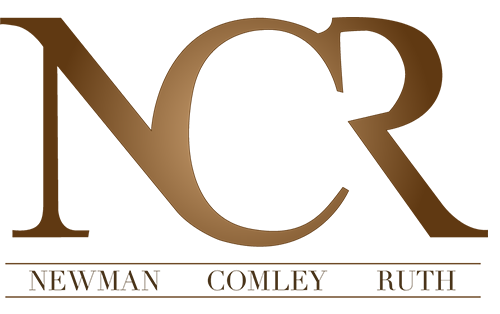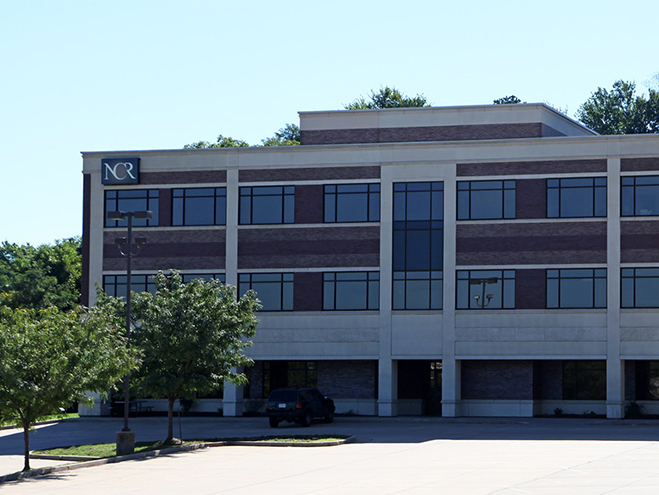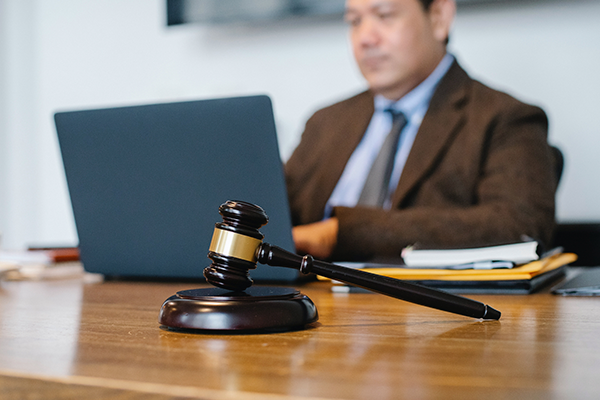Whenever an employer receives notice that the federal Department of Labor (“DOL”) will be conducting a back wage audit of the employer’s payroll and time records, there are certain steps an employer should do to help lower its liability and ensure compliance with state and federal wage and hour laws. Employers can:
- Contact an employment attorney experienced in DOL audits to assist with the audit confirming what practices the employer may need to change in order to come into compliance with overtime and minimum wage requirements as soon as possible and working to lessen the employer’s liability.
- Gather all of the information requested by the DOL investigator including, but not limited to, payroll and time records for review by the employer’s attorney.
- Allow the DOL investigator to conduct interviews of groups of employees at the employer’s worksite at times and in a manner coordinated by the employer and its attorney.
- Recognize and correct common overtime errors such as:
- offering comp time to employees instead of paying overtime wages (unless the employer is a governmental entity);
- using job titles to try and make an employee fall under an exemption when the job duties of an individual employee are controlling;
- paying an employee a salary does not make them exempt from overtime;
- failing to have employees count time worked while driving between company locations during the workday;
- failing to log all hours worked especially at the beginning of the day, after work or during the lunch hour if the employee worked during such times; and
- paying nondiscretionary bonuses to employees without calculating them into the employee’s overtime rate.
- Confirm whether the employer has/had any minors working during the prior two years and discuss with the employer’s attorney what duties the minor employees performed and the hours that the employees worked to ensure that the minors were performing work that is allowed under state and federal law.
- Make sure that the employer does not pay any back wages outside of two years from the date of any agreement with the DOL related to back wages due.
- Recognize the DOL will allow employers to pay large back wage settlements over time dependent on the amount of the back wages due, findings and the employer’s ability to pay.
- Make sure that employees receiving back wage checks sign WH-58 forms verifying that the employees are giving up any personal rights that they have to bring claims against the employer for back wages due.
- Make sure that the back wage checks for former employees who may not sign the WH-58 forms have language printed on the checks waiving the employee’s right to bring a separate private cause of action related to the back wages with the cashing of the check.
- Continue to stay in compliance with the state and federal overtime requirements after the audit to avoid having a three-year look back period for compliance issues in any future DOL audits.
If you receive notice that the DOL will be conducting a back wage audit of your payroll and time records, call Cathy Martin. Ms. Martin has represented numerous small and large employers with DOL audits over the last 20 years. She has experience in counseling employers in overtime, minimum wage and child labor compliance issues and in working to minimize employer liability in DOL audits.

















